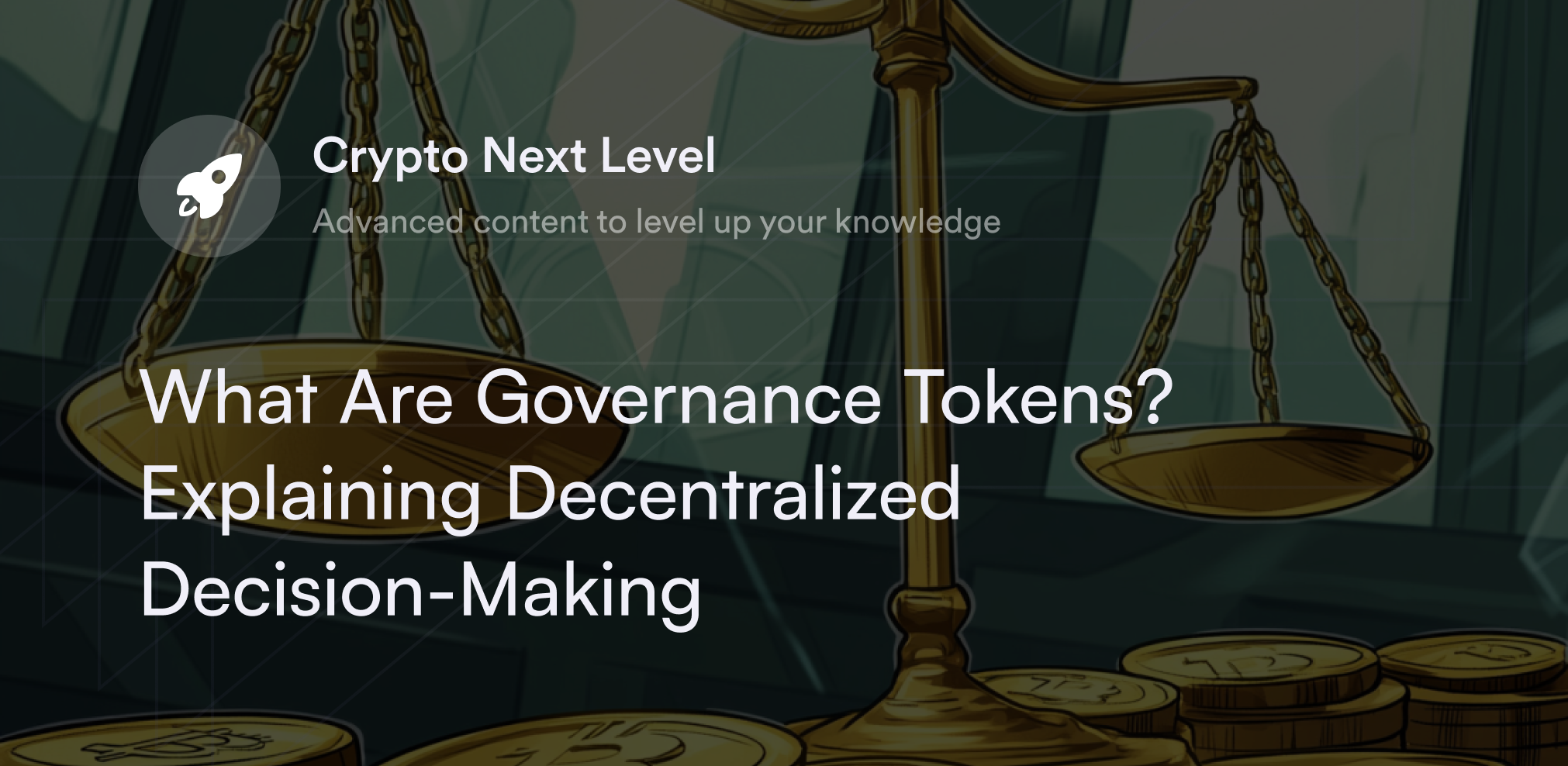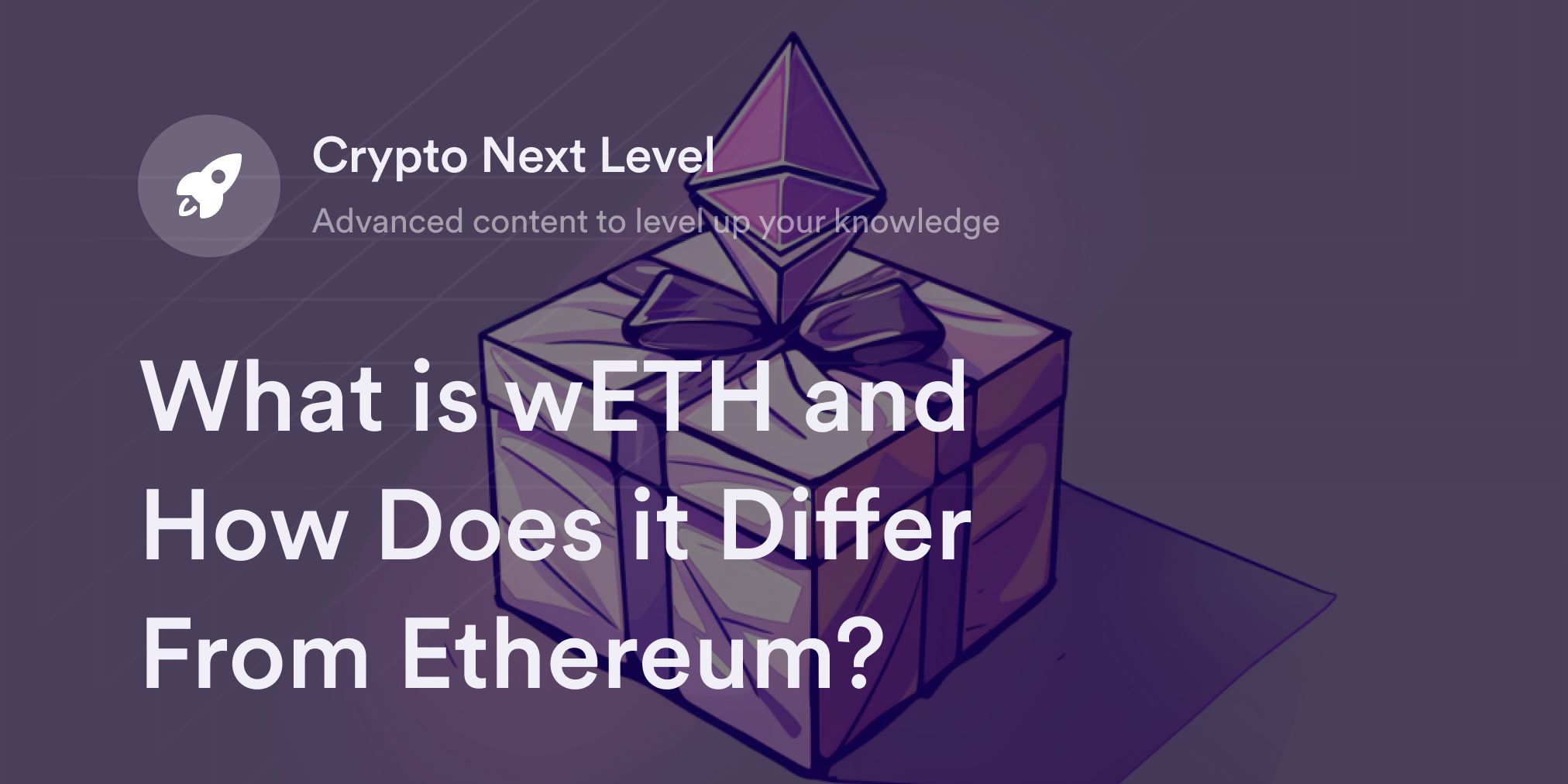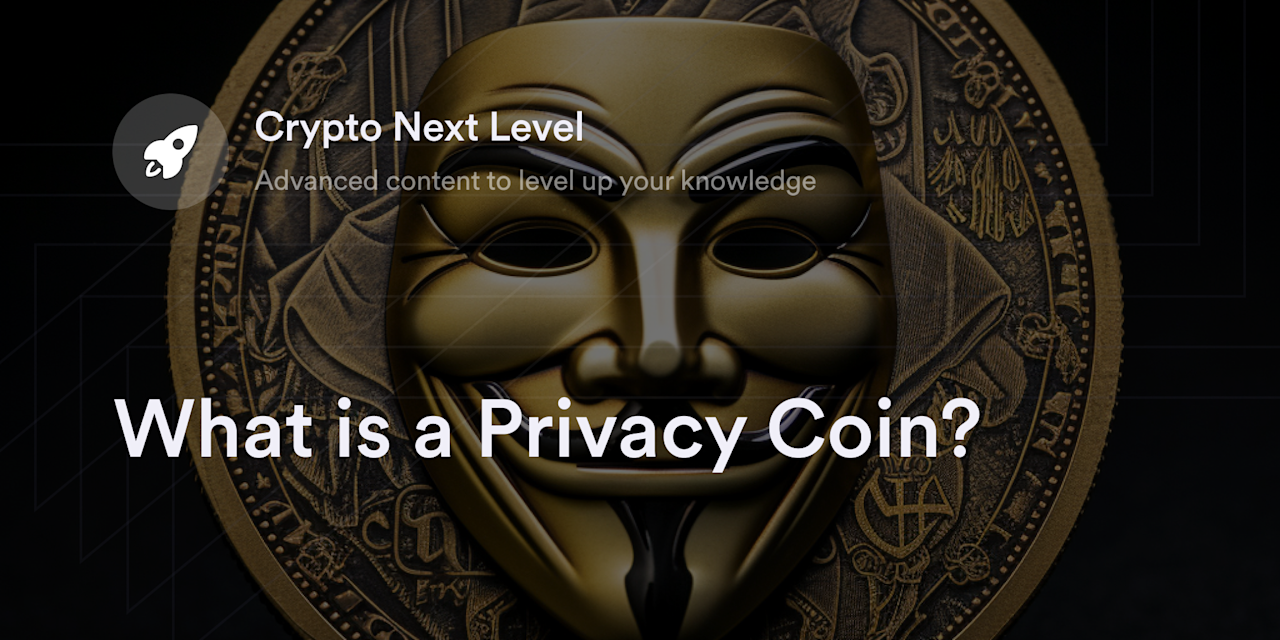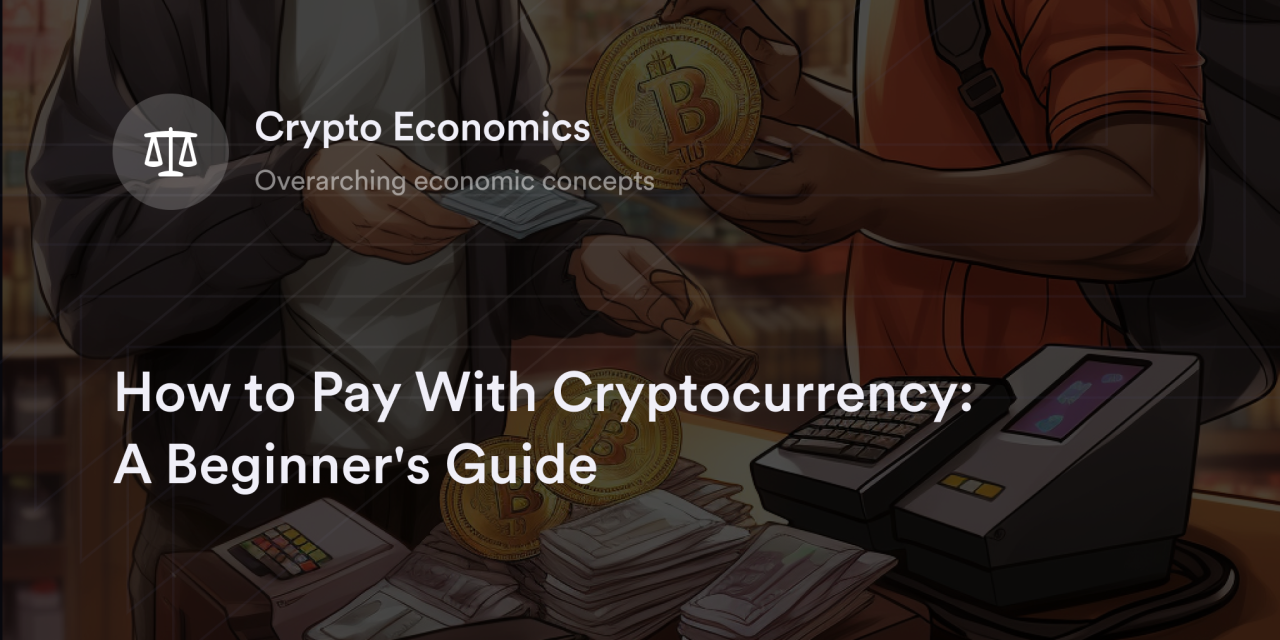
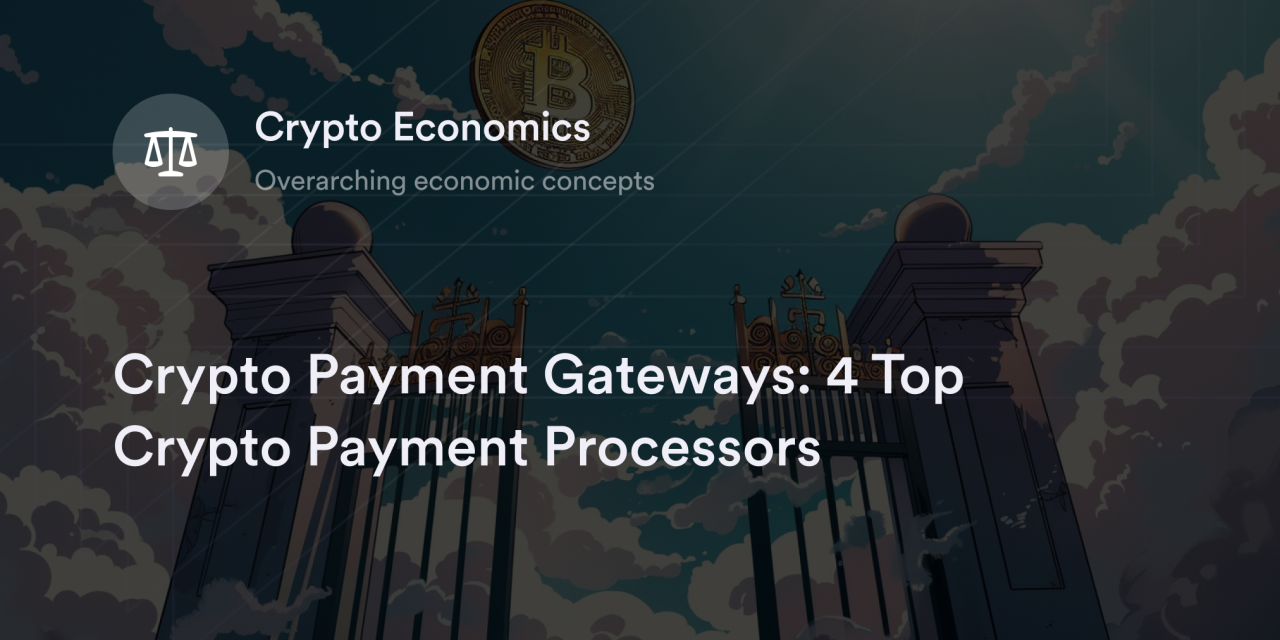

More than a decade has passed since Bitcoin’s launch in 2009, but some businesses are still against the idea of accepting Bitcoin (BTC), Ethereum (ETH), and other altcoins as payment due to crypto’s volatility.
Many others, however, believe cryptocurrency payments are inevitable, with big brands like Overstock.com and Shopify already accepting digital currencies.
Because cryptocurrencies use decentralized peer-to-peer (P2P) computer networks (aka blockchains), adding a crypto checkout feature to a standard payment processor isn't so straightforward. If companies want to welcome crypto assets online or in-store, they need new technologies to create a safe and seamless payment experience.
Enter: crypto payment gateways. With a market cap of more than $1 billion, these software integrations have become the staple solution for crypto-to-cash conversions. Many financial analysts predict crypto payment gateways are on track to become a multi-billion-dollar industry as more businesses accept Bitcoin.
When it comes to understanding crypto payment gateways and how they work, here’s what you need to know.
What are crypto payment gateways?
A crypto payment gateway is any program, device, or processor for merchants that converts digital assets into fiat currencies.
When businesses use a crypto payment gateway, they let customers pay for goods and services using crypto, but the company receives an equivalent amount of fiat in their account. The payment gateway provider handles all crypto-to-fiat conversions on the backend to provide customers and merchants with a frictionless payment experience.
How do crypto payment gateways function?
Although each crypto payment gateway offers different features and solutions, most integrate into a merchant's point-of-sale (POS) software or e-commerce portal. Here’s how they work:
Once customers finalize goods in their carts, they navigate to the website’s checkout page.
At checkout, customers have the option to send accepted cryptocurrencies to an official address, which is typically represented by a scannable QR code.
After successfully transferring a crypto asset to the provided address, the payment gateway's provider converts the digital asset into the merchant's preferred fiat currency and sends cash to a linked bank or business account.
Note: Some crypto payment processors also work through popular fintech apps like PayPal or e-commerce sites like Shopify. For example, if businesses already accept payment from PayPal, people who hold Bitcoin in their PayPal wallets have the choice to spend their BTC through PayPal's Checkout with Crypto portal. Although customers send BTC for their purchases, the merchant receives a fiat equivalent in their PayPal app.
Pros and cons of crypto payment gateways
In short, crypto payment gateways allow businesses to enter the crypto economy without needing to store and convert digital assets. While these programs are a convenient option for many companies, they don't provide users with the decentralization of P2P crypto transactions. Using blockchain payment gateways also comes with additional expenses and counterparty risks merchants must factor into their strategies.
Pros of crypto payment gateways
Easy crypto payment experience: Customers who know how to send cryptocurrencies from a private wallet won't have difficulties transferring coins or tokens to a payment gateway's QR address. Plus, since crypto payment gateways take care of currency conversions, merchants don't need to worry about constantly cashing out their Bitcoin or securing it in a cold storage wallet.
Borderless transactions: Crypto coins and tokens are non-sovereign currencies, meaning no central authority controls or regulates them. Instead, these assets exist on an online network. So as long as people have access to the internet, they have the freedom to store and transfer digital assets around the world. From a merchant's perspective, accepting cryptocurrencies helps boost international commerce, which is a positive trait in the global economy.
No volatility risk with fiat exchange: The cryptocurrency market's wild price movements sometimes scare business owners from accepting digital coins and tokens. Although the market values of cryptocurrencies remain volatile, payment gateways eliminate this risk by converting crypto to cash. With these payment integrations, companies don't need to monitor sites like CoinMarketCap to see their purchasing power and predict future expenses.
New services to new customers: Merchants don't need to believe in the future of crypto or learn how it works to expand their operations with crypto payment gateways. Since these gateways exchange cryptocurrency for fiat, a Bitcoin payment method won’t add BTC to a business’ bottom line. As more younger consumers express an interest in using crypto for daily purchases, payment gateways allow companies to appeal to demographics like millennials and Gen Z.
Cons of crypto payment gateways
Extra fees: Crypto payment gateway providers charge additional processing and conversion services fees. Merchants need to review the average fee schedule for their preferred gateway and consider how these costs fit into their business plan.
Steeper learning curve: Although crypto payment gateways simplify the crypto payment experience, customers and companies new to crypto have extra questions about interacting with these services. Merchants must invest time and resources in teaching employees how to operate new payment portals and educate customers about proper crypto payment procedures.
Counterparty risk: Businesses integrating with a crypto payment processor must trust the security standards of the company operating the payment gateway. Even if a company has a high reputation in the payment processing space, there's an extra risk of hacks or exploits when entrusting third parties with sensitive financial data.
Not fit for businesses that want crypto assets: While some crypto payment gateways offer crypto payment solutions, most focus on converting digital assets to cash. So if merchants want to add cryptocurrencies to a private digital wallet and take advantage of P2P payments, crypto payment gateways aren't the best solution. Instead, crypto-friendly companies use personal wallet addresses to receive digital currencies and eliminate counterparty risks and service fees.
What are some crypto payment gateways?
Although companies like Visa and Mastercard are experimenting with crypto solutions, accepting digital assets isn't as simple as adding a new button to a standard card processor. That said, dozens of exchanges, companies, and fintech apps now offer business clients specialized crypto payment solutions. Merchants interested in integrating with crypto payments spend time researching each gateway's security protocols, fee schedule, and reputation in the community before deciding which is best for their operations.
While many blockchain payment gateways exist, a few names have become dominant brands in the industry:
BitPay
Founded in 2011, BitPay is one of the oldest and largest crypto payment gateways, with connections to more than 250 companies and non-profit organizations. In addition to offering crypto transactions with various cryptocurrencies and digital wallets, BitPay provides crypto payment solutions such as crypto payroll for employees.
Coinbase Commerce
Centralized crypto exchange (CEX) Coinbase offers managed and self-managed crypto payment gateways through its Coinbase Commerce program. With a self-managed account, users can access their crypto wallet's secret private key (aka the password to your digital asset vault) to take full ownership of their coins and tokens. With the managed Coinbase Commerce account, however, Coinbase handles all crypto conversions and watches over each client's private keys. Whichever option merchants choose, Coinbase Commerce lets customers pay with dozens of cryptocurrencies through its payment portal.
PayPal
Fintech app PayPal introduced a Checkout with Crypto feature in 2021 to let users use digital assets to purchase goods and services. If people choose this feature, they can spend any of the cryptocurrencies available on PayPal's exchange (i.e., Bitcoin, Ethereum, Litecoin, or Bitcoin Cash) with PayPal-friendly stores. After sending the digital currency to the merchant's PayPal account, the business receives a fiat equivalent in their app.
Eligible Traders can enjoy seamless fiat-to-crypto transfers on dYdX
One of the pain points for traders using decentralized applications (dApps) is converting fiat currencies into crypto assets. To eliminate this common source of friction, dYdX works with the fiat-to-crypto service Banxa to give derivatives traders a fiat on-ramp. With a dYdX account, eligible traders have the option to use convenient payment methods—including credit cards and bank transactions—to buy stablecoin USDC through Banxa.
Find out more about dYdX's latest features and perpetuals offerings on our official blog. If you’re interested in more educational content on blockchain, Web3, and cryptocurrency, visit our dYdX Academy, and eligible traders can start trading on dYdX today.
Disclosures
The content of this article (the “Article”) is provided for general informational purposes only. Reference to any specific strategy, technique, product, service, or entity does not constitute an endorsement or recommendation by dYdX Trading Inc., or any affiliate, agent, or representative thereof (“dYdX”). Use of strategies, techniques, products or services referenced in this Article may involve material risks, including the risk of financial losses arising from the volatility, operational loss, or nonconsensual liquidation of digital assets. The content of this Article does not constitute, and should not be considered, construed, or relied upon as, financial advice, legal advice, tax advice, investment advice, or advice of any other nature; and the content of this Article is not an offer, solicitation or call to action to make any investment, or purchase any crypto asset, of any kind. dYdX makes no representation, assurance or guarantee as to the accuracy, completeness, timeliness, suitability, or validity of any information in this Article or any third-party website that may be linked to it. You are solely responsible for conducting independent research, performing due diligence, and/or seeking advice from a professional advisor prior to taking any financial, tax, legal, or investment action.
You may only use the dYdX Services in compliance with the dYdX Terms of Use available here, including the geographic restrictions therein.
Any applicable sponsorship in connection with this Article will be disclosed, and any reference to a sponsor in this Article is for disclosure purposes, or informational in nature, and in any event is not a call to action to make an investment, acquire a service or product, or purchase crypto assets. This Article does not offer the purchase or sale of any financial instruments or related services.
By accessing this Article and taking any action in connection with the information contained in this Article, you agree that dYdX is not responsible, directly or indirectly, for any errors, omissions, or delays related to this Article, or any damage, injury, or loss incurred in connection with use of or reliance on the content of this Article, including any specific strategy, technique, product, service, or entity that may be referenced in the Article.

